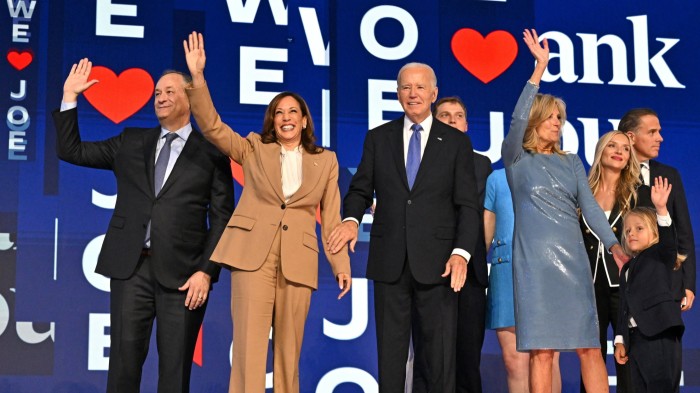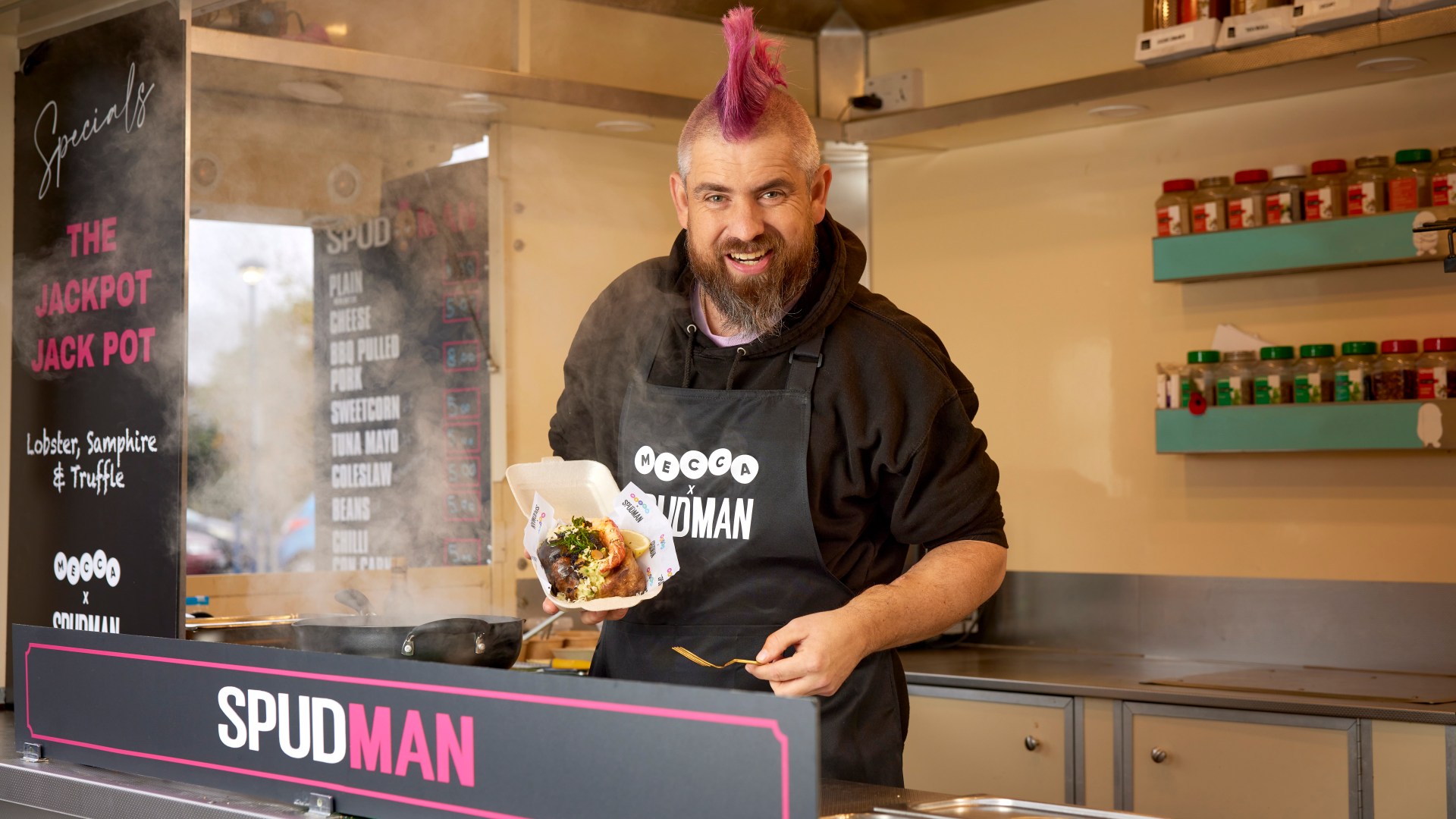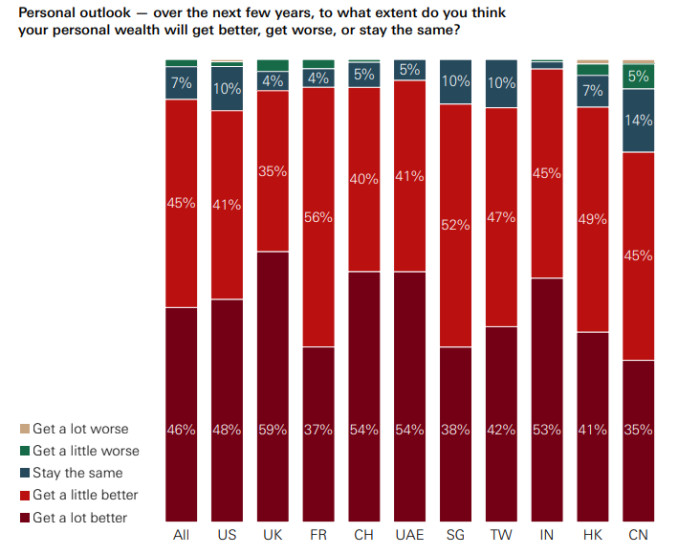In 2002, researchers looked at American social trends and found an “emerging Democratic majority”. The party has lost as many presidential elections since then as it has won. In 2019, when Britain’s Conservatives drew support from once-hostile industrial regions, serious people wondered if the Labour party would ever win again. It did. At the next election. By a landslide.
So yes, the electoral coalition that Donald Trump forged last week was sensational: almost Disraelian in its marriage of the overclass and the working class. But it won’t last. A grand “realignment” in politics takes very little to de-align nowadays. One bad candidate, plus the routine wear and tear of incumbency, can drown out whatever structural or demographic forces are supposedly afoot.
I’d put a lot of money (for a journalist) on a Democratic president in 2028. The party is unlikely to mess up the candidacy so badly next time. Trump, who needn’t worry about re-election, is bound to over-reach in office. And the internal contradictions of a movement that spans Elon Musk and tip-dependent Nevada service staff will come out. Still, politics isn’t a Newton’s Cradle. Democrats can’t just sit back and watch the pendulum effect do all the work. The party must accept three difficult truths, and act.
First, Bidenomics was a political disaster from start to finish. And a foreseeable one. It began with the rhetoric. “Build Back Better” implied that pre-Covid America was miserable. In truth, what voters remembered of 2019 was a low-inflation economy that was in its tenth year of growth. (Why on earth not take the credit, given that Barack Obama presided over most of it?) From that misreading of the public mood, there followed the substance, which was even worse-judged. Biden’s spending bills were so huge as to be easy to blame for inflation, fairly or not.
In a country where one worker in 10 belongs to a union, so much of Bidenomics, from steel tariffs to support for Teamster pensions, favoured organised labour. To see the president join a picket line outside a car plant was powerful — or would have been in 1980. Of what relevance was it to, say, a mobile phone salesperson who does some gig work on the side? For all that conservatives suffer from nostalgia, it is the Democrats who cling to a view of working class life that seems half-guessed from John Mellencamp lyrics.
Also, just as not all non-white voters are cultural progressives, nor do all low-to-middle-income ones favour redistribution. There is a kind of Trump fan, often of recent immigrant background, that associates him with the very idea of enrichment and the Democrats with anti-aspirational statism. I would tell them that economic mobility tends to be higher in social democracies, but I am not trying to win votes in Arizona.
Curbing Bidenomics will be simple compared to another change that Democrats must make. It is not enough to be non-woke. The Democrats have to be anti-woke. Kamala Harris said nothing that was culturally radical during the campaign — Trump had to use an old comment against her — but nor did she confront or disavow that movement. Upsetting the left on immigration won’t be hard for Democrats. (Obama was a prolific deporter.) But doing the same on policing, gender and other raw subjects will be, briefly, hell.
People don’t vote on culture, as such, but it colours their view of the Democrats as people. It is easier to paint them as indifferent to the cost of groceries if they are seen as generally out of touch. The party needn’t go back to some Dixiecrat version of itself. The median voter isn’t a snarling curtain-twitcher. Several states voted for abortion rights last week, including Montana and Missouri. This is not about undoing the 1960s or even the 1990s. It is about undoing elements of the last decade or so. If the Democrats would rather not, that is a principled stand, but the party should then expect the Trump realignment to bed down.
There is one more thing the Democrats must do, but before that, a point about analysis itself. The past week has been a spectacle of confirmation bias. People have attributed the election result to their prior obsession, whether that is economic inequality (Bernie Sanders), the madness of fielding an incumbent and an erratic speaker like Harris (me) or Trump’s cultivation of podcasters (podcasters).
One test of an analysis is whether it includes something that surprises and displeases the analyst. So here goes. Voters, or at least a decisive number of them, don’t care that much about the fate of democracy. A man tried his best to overturn a legitimate election result, and returned to power at the next time of asking. His party in the House of Representatives opposed the certification of the same result, and now stands to run both that chamber and the Senate.
At best, the Democrats’ defence of institutions has no effect on the public. At worst, voters interpret it as a defence of a political class they despise. The party can still ensure that talk of a rightwing realignment ages as well as the “emerging Democratic majority”. But it will have to de-emphasise the constitution, the very rules of the game, knowing these to be the one fundamental subject of all. The last defence of the republic is to win.



















































































































































































You must be logged in to post a comment Login